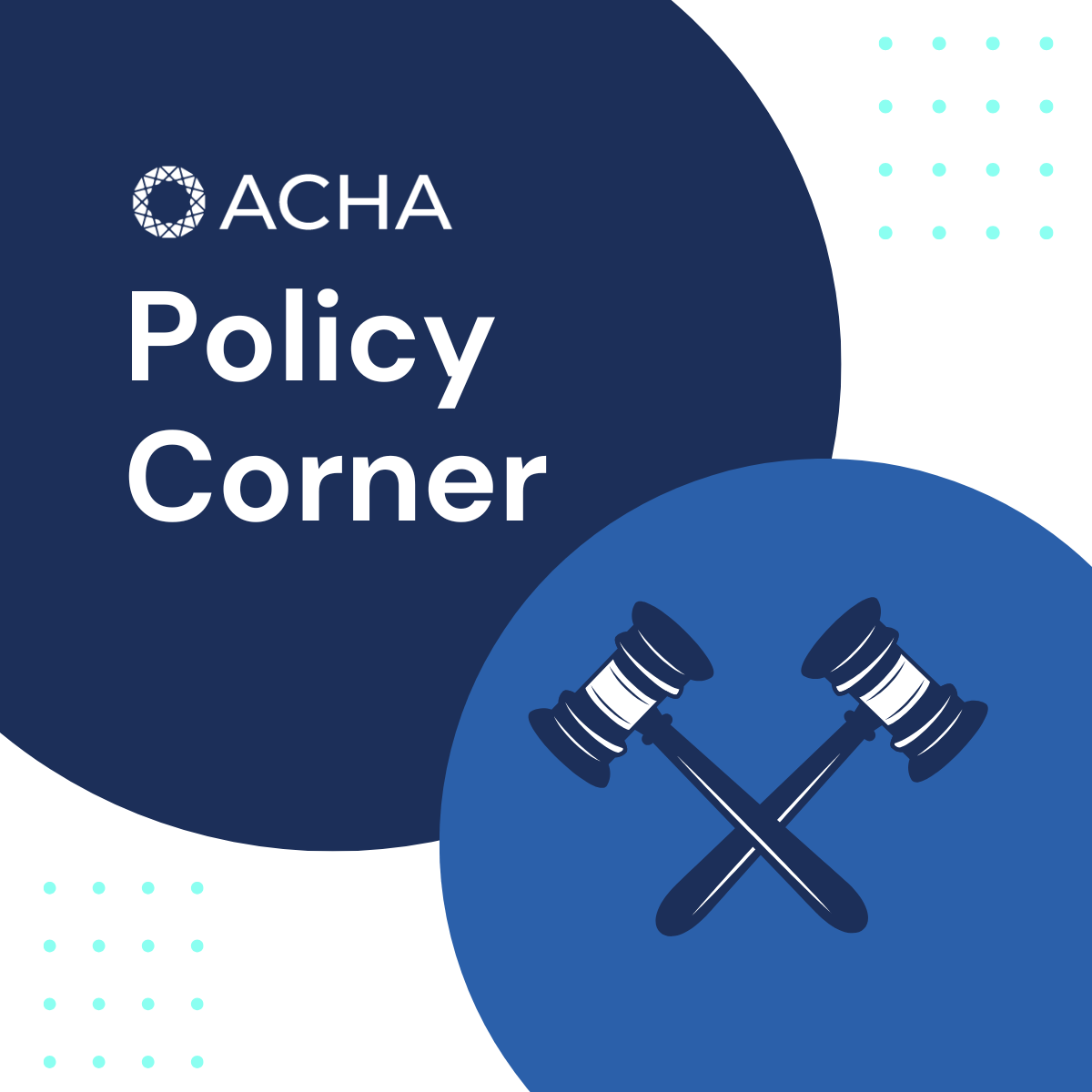The ACHA Advocacy Committee hosted a dynamic and well-attended session during this year’s ACHA Annual Meeting in the Big Easy! Designed to deepen member engagement with our advocacy work, the session offered participants a chance to learn more about the committee’s recent work and explore opportunities to get involved.
The session highlighted ACHA’s advocacy activities for the past year, such as our Annual Hill Day and our efforts to advance legislation that would provide state licensure exemptions to mental health and well-being professionals so that they could continue to treat students across state lines. Furthermore, during the session, ACHA Advocacy Committee leadership was able to educate interested members on the structure and work of the ACHA Advocacy Committee. As highlighted during the session, the ACHA Advocacy Committee houses subcommittees that allow ACHA members to engage in advocacy topics applicable to advocacy education and reproductive health. The committee is developing a third subcommittee that will likely act as an advocacy rapid response team, ACHA, to more flexibly respond to arising advocacy priorities. The session provided education on advocacy engagement and applicable terminology, explaining how these actions can come together for
Approximately 40 people attended the session, with some members expressing interest in joining the committee—a strong signal that advocacy continues to resonate deeply across the ACHA community. The session underscored the importance of broadening the committee’s membership. Diverse voices—across geography, discipline, and identity—are essential to shaping advocacy priorities that reflect the full range of student health experiences. As an example, a member from New Mexico shared a powerful example of their advocacy engagement when they invited a federal representative to their campus to demonstrate firsthand how campus health services operate.
The session emphasized the importance of the strategy, in this current political climate, ACHA has often been faced with the reality that the weight of the reaction may become diluted the more one reacts. In these fraught times, ACHA is intentional about what advocacy actions it chooses to pursue. Aligned with a 2017 statement, the session explained that ACHA reserves its formal comments for response to factual news, major events, or policymaking that may have a significant impact upon the health and well-being of college students and college communities, both now and in the future.
If you were unable to attend this year’s session but are interested in lending your experience and voice to engage with ACHA’s advocacy work, please do not hesitate to reach out to us at advocacy@acha.org. Whether you’re curious about joining the committee, want to share a story, or are simply looking to learn more about how to support student health through advocacy, we welcome your voice and your involvement. Together, we can make a meaningful impact on the policies and practices that shape campus health nationwide.





